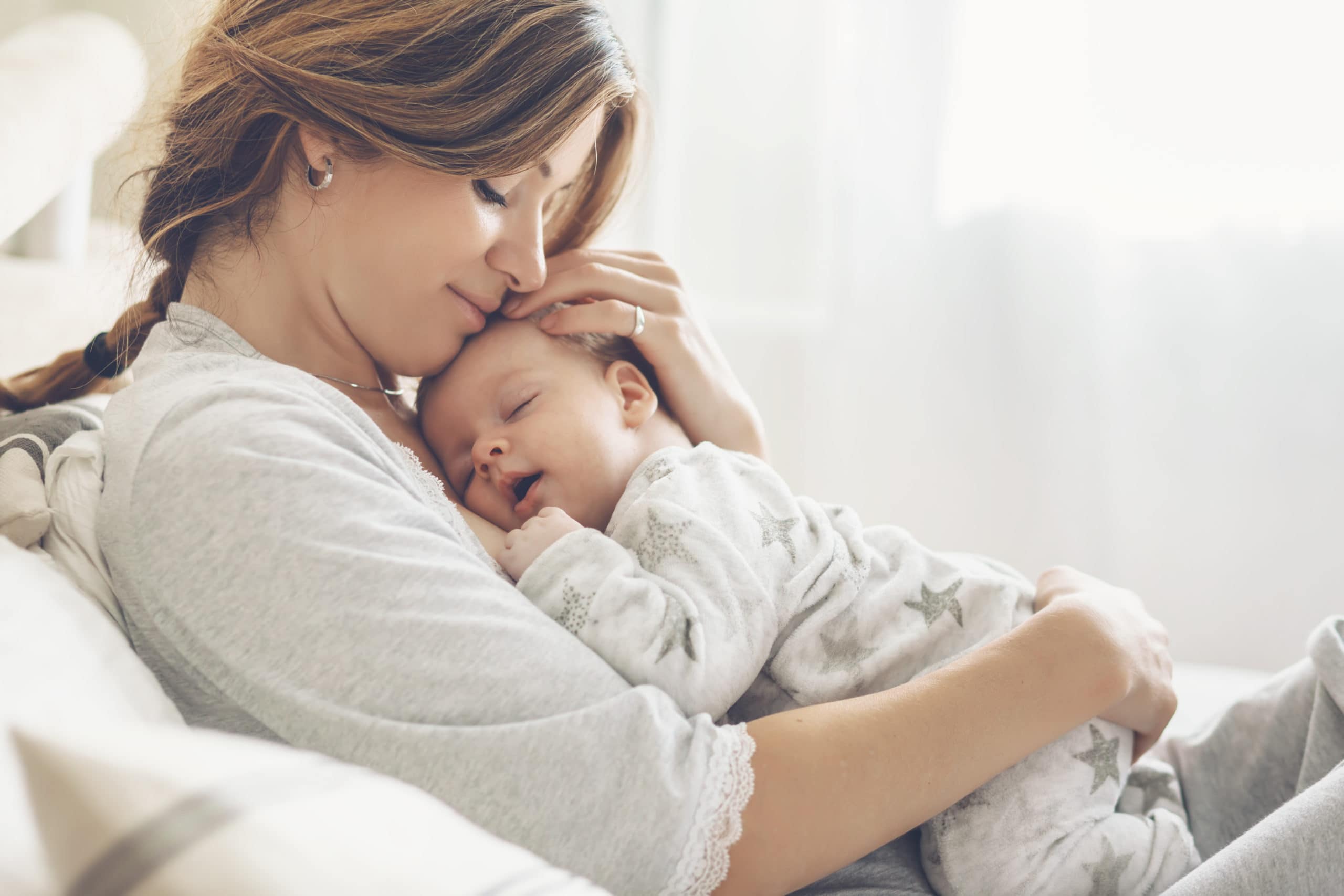
Newly released figures have revealed that last year, for the eighth consecutive year, births in Spain declined, bringing the number of newly born children to its lowest figure since the Spanish government began recording figures 80 years ago.
The figures, released days ago by the National Institute of Statistics (INE), the Spanish government’s official statistical office, revealed that a total of 338,532 children were born in 2021, down 5.6% compared to 2019, a year where birthrates weren’t affected by the global COVID-19 pandemic, La Gaceta de la Iberosfera reports.
Relative to the 27 European Union member states, all of which have fertility rates that are well below 2.1 births per woman, the rate required for a population to replace itself, Spain—like its Southern Mediterranean neighbor, Italy—has consistently—and for many consecutive years—recorded some of the lowest figures.
Among Spain’s 17 autonomous communities, La Rioja and Castilla y León saw most significant decrease in the number of births last year, recording decreases of 9.2% and 4.99%, respectively. Conversely, the largest upticks in births were witnessed in Aragón (7.3%) and Cantabria (4.45%).
The INE figures have also shown that the average age of first-time mothers continues to increase with each passing year. For example, in 2017, the average age of first-time mothers was less than 31. Fast-forward just a few years, to 2020, and that figure now stands at 31.2. Additionally, the average number of children birthed per woman continues to decline, with the figure dropping from 1.31 in 2017 to 1.19 a few years later in 2020.
The relentless downward trend shows no signs of abating anytime soon, according to Albert Esteve, the director of the Center for Demographic Studies at the University of Barcelona, who says birthrates will continue to plummet in the years ahead.
“We have been in a downward trend in the number of births for a long time, due on the one hand to the fall in fertility, which is slowly declining, and above all else because of the decline in the population who’s in childbearing age. So, the births will keep falling in the next few years, until those born in the 2000s reach childbearing age, in the early 2030s,” Esteve said, noting that Spain has “one of the lowest [birthrates] in Europe, and in the world.”
Amid the dismal backdrop—and as establishment-conformist parties on the Right and the Left rush to open the immigration taps to ‘solve’ the issue—Spain’s anti-globalist political newcomer VOX has sought to chart an alternative course, one which seems to be paying significant electoral dividends.
VOX, which has placed the need to increase Spanish birthrates at the forefront of its political program, emerged victorious in last week’s elections in Castilla y León, snagging 13 seats in the regional parliament—enough to form a government with the establishment centrist party.
Spain, Sociométrica poll:
— Europe Elects (@EuropeElects) February 20, 2022
PSOE-S&D: 26%
VOX-ECR: 21% (+3)
PP-EPP: 20% (-4)
UP-LEFT|G/EFA: 13% (+1)
Cs-RE: 4%
ERC-G/EFA: 3%
MP-G/EFA: 3%
Junts-NI: 2%
PNV-RE: 2% (+1)
…
+/- vs. 20-30 December 2021
Fieldwork: 18-19 February 2022
Sample size: 1,000
➤ https://t.co/uqtqAgTaHO pic.twitter.com/7QyHJvZL3e
To add insult to injury to the country’s entrenched establishment parties, a nationwide poll published just days ago revealed that the non-conformist VOX party is now Spain’s second-most popular party—and not especially far behind the Socialists.
